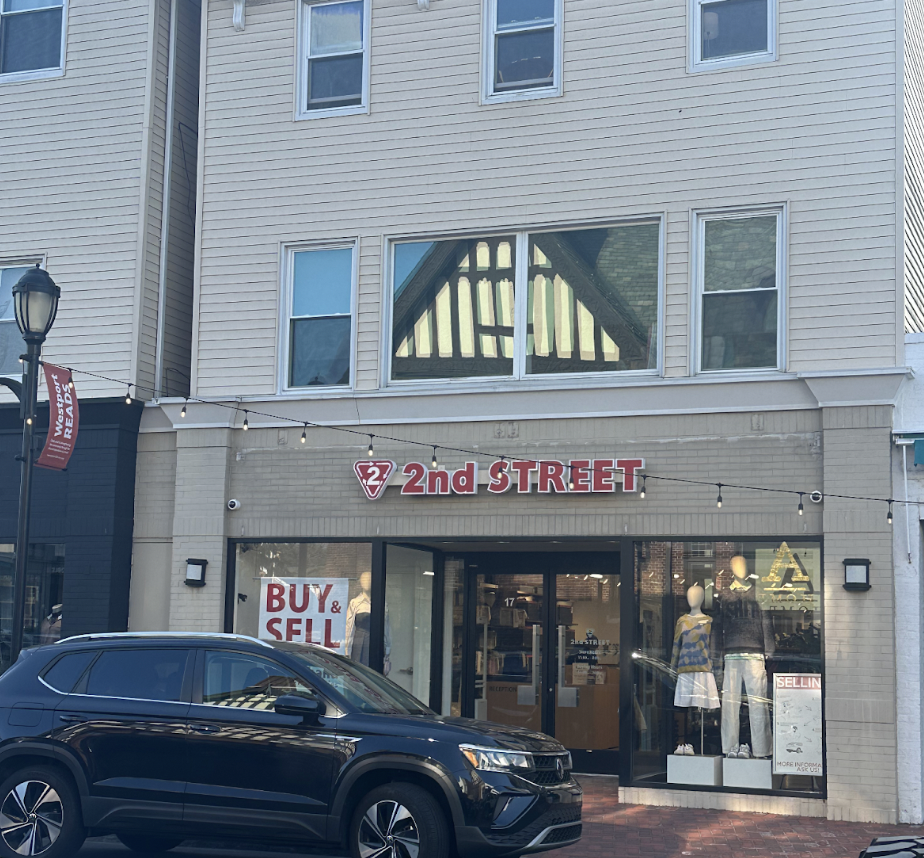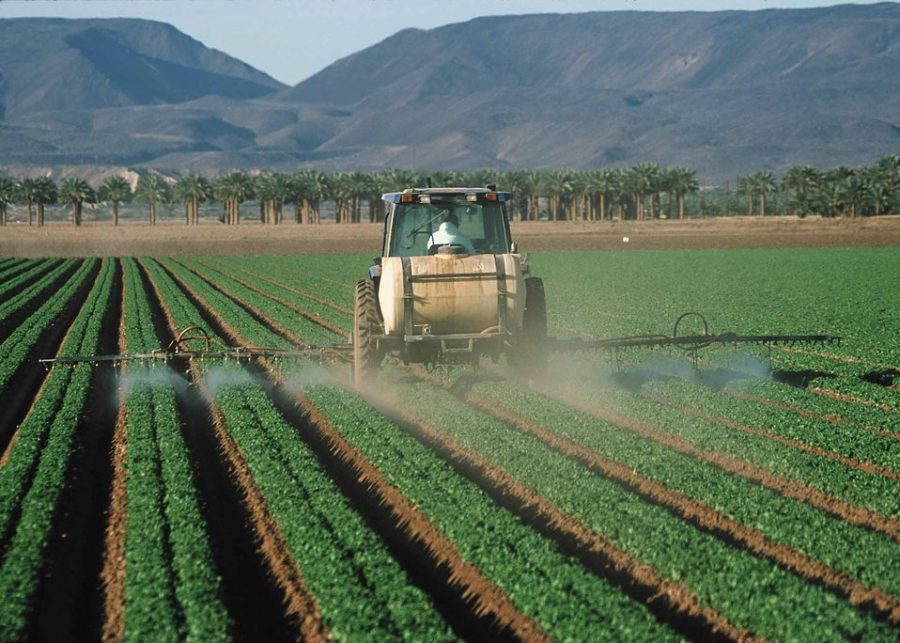E. coli outbreak in romaine lettuce illustrates food industry’s deficiencies
Pesticide application on leaf lettuce in Yuma.
The most recent E. coli outbreak in romaine lettuce sickened over 45 people last week, and was the the second warning against eating romaine issued by the Centers for Disease Control and Prevention this year. This prompted grocery stores and supermarkets nationwide to take any romaine lettuce or product containing romaine off shelves, including pre-made salads and both raw and bagged romaine.
If the food industry had not intentionally obscured the alarming facts about negligence between the farm and the table, this November outbreak could easily have been prevented.
A similar E. coli outbreak in 2011 that affected more than 200 people and resulted in 27 kidney failures and five deaths incentivised Congress to pass a bill on requiring farmers to test their irrigation water for pathogens like E. coli. The situation improved, but since Trump’s election, his administration has shelved those regulations, and now farmers don’t need to follow through with these regulatory standards.
A lack of caring about qualitative farming and production caused a ripple effect and is now costing our heath.. Industrialization has ruined our ability to produce food naturally and safely, introducing the now inevitable use of pesticides and GMOs. Additionally, abuse among mass meat production put increased risk on spreading of diseases through raw meats.
These highly problematic issues that linger in the food industry aren’t new either. For years legislators fought against putting calorie information, nutrition facts and country of origin on supermarket labels. Even since new requirements were enacted, consumers are still being robbed of their opportunity to know where the food they buy comes from because overcrowded factories that may put salmonella and E. coli in raw foods is not so appealing to customers browsing supermarket options.
Many underlying faults in the industry prompt a new way of thinking about food. Be it romaine lettuce or bacon, there’s a big question mark when it comes to what your body is ingesting. Until we don’t have to wince when we take a bite of our daily salad, this serious and ongoing problem needs to be addressed now. Shoving it to the back of the shelf where no one else can see it is not an option anymore.

















































